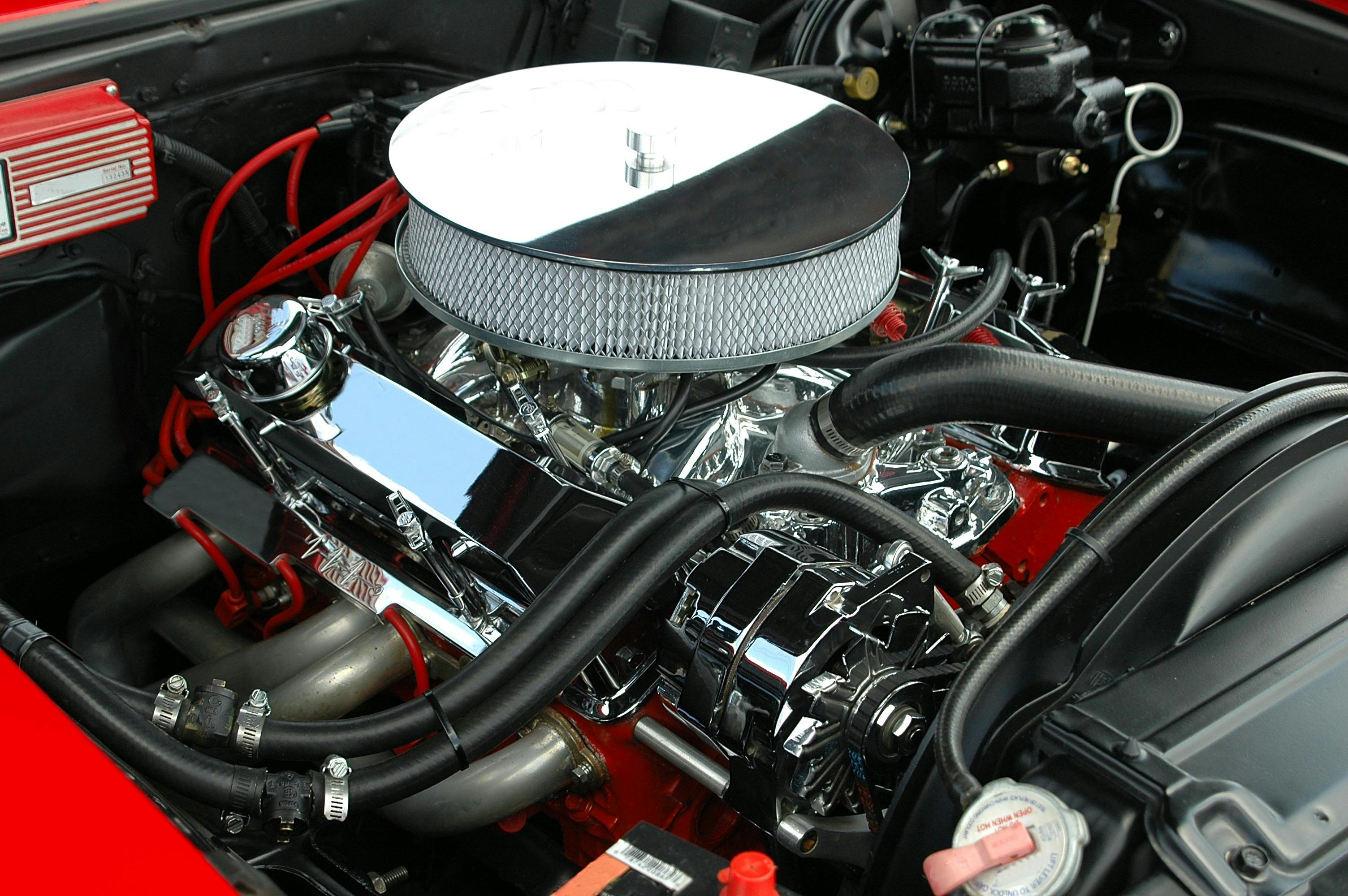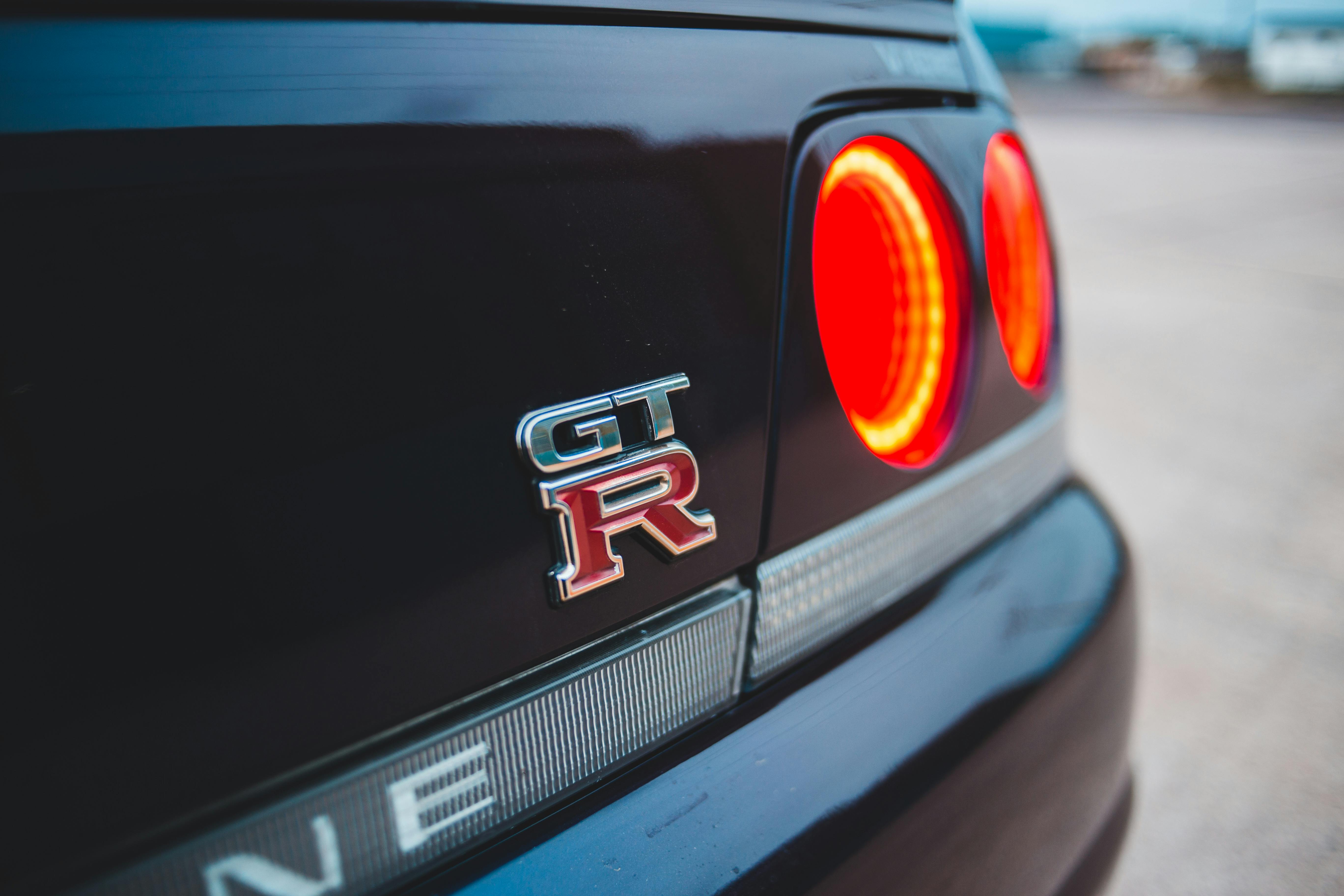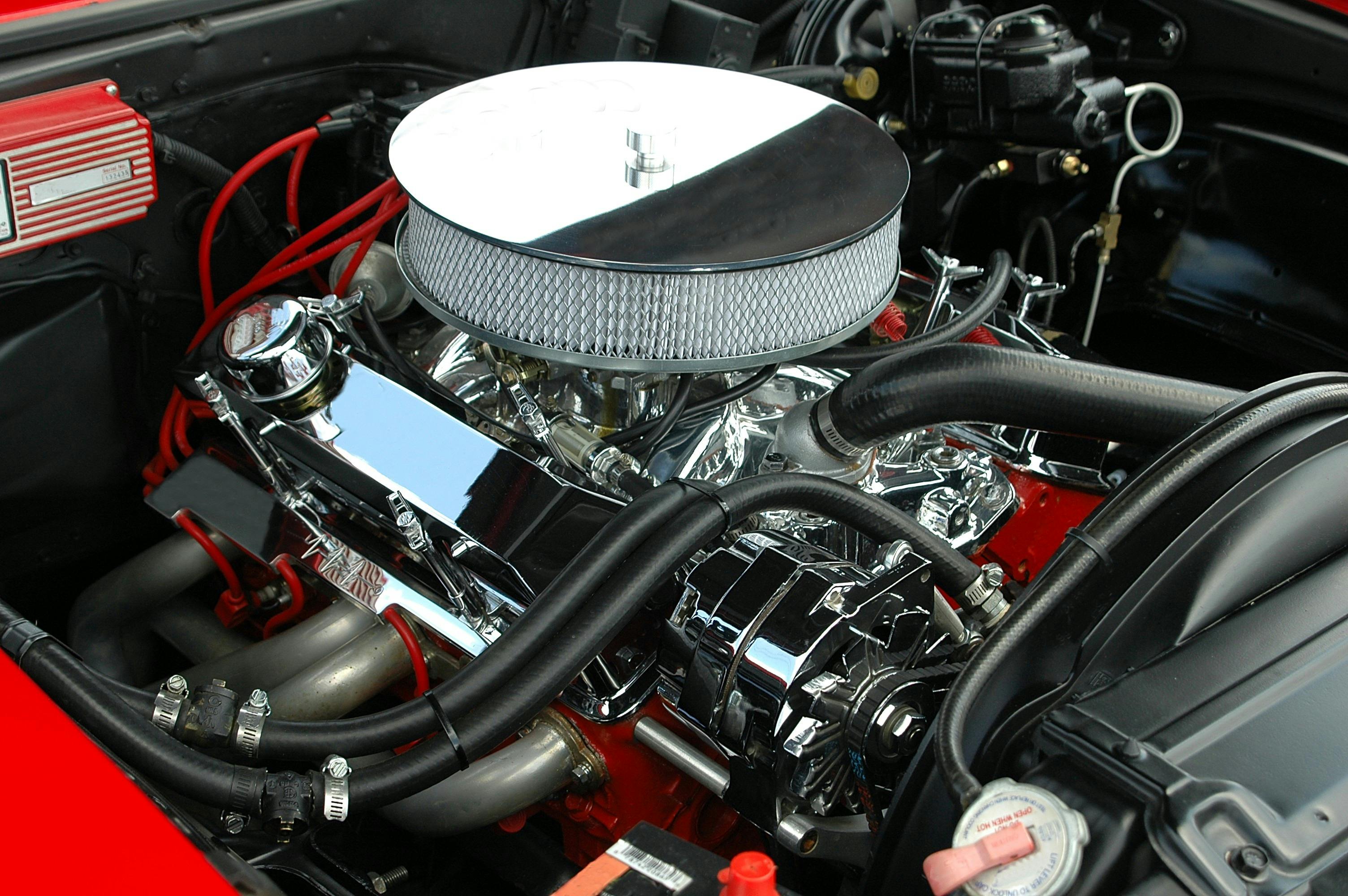Engine Tuning 101: Enhancing Your Car’s Performance
Engine tuning is an art and science that goes beyond merely increasing horsepower. It involves a meticulous process of optimizing various engine components to enhance performance, ensure longevity, and comply with road regulations.
At Applewood Performance Center, we believe in educating car enthusiasts about the comprehensive world of engine tuning. This guide will demystify engine tuning, covering everything from chip tuning to advanced mechanical modifications.

The Basics of Engine Tuning
What is Engine Tuning?
Engine tuning refers to the process of adjusting and modifying the internal combustion engine or its control unit to optimize performance. While it’s widely associated with boosting power and torque, engine tuning also aims to improve fuel efficiency, throttle response, and overall driving experience.
Why Tune Your Engine?
There are numerous reasons to tune your engine:
- Increased Power and Torque: Get the most out of your engine by enhancing its power output.
- Improved Fuel Efficiency: Optimize your engine for better fuel consumption.
- Enhanced Driving Experience: Enjoy a smoother and more responsive ride.
- Customization: Tailor your car's performance to your specific driving needs and preferences.
Methods of Engine Tuning
Chip Tuning
One of the most popular and cost-effective methods of engine tuning is chip tuning. This process involves reprogramming or modifying the engine’s electronic control unit (ECU) to increase horsepower and torque. By altering the factory settings of the ECU, you can unlock significant performance gains without extensive mechanical modifications.
Turbocharger and Compressor Tuning
For those looking to push their engines to new limits, turbocharger and compressor tuning are essential. Upgrading components like the turbocharger, intercooler, and intake system can drastically increase power output. These modifications work by forcing more air into the engine, improving combustion efficiency and generating more power.
Airflow Optimization
Optimizing the airflow within the engine is crucial for performance enhancement. Improvements to the air filter, intake manifold, and exhaust ducts can increase air volume and flow rate, leading to better combustion and increased performance. Additionally, these modifications often result in a richer and more satisfying engine sound.
Increasing Displacement
Increasing the engine displacement is an advanced tuning method that involves changing the engine's bore and stroke. This can be achieved through techniques such as boring out cylinders and installing larger pistons. While this method can provide substantial power gains, it requires careful consideration of compatibility and potential impacts on engine longevity.
Electronic and Fuel Adjustments
Modern engines rely heavily on electronic adjustments to maximize performance. This includes fine-tuning fuel injection systems, ignition timing, and other electronic controls. Using specialized software and tuning tools, professionals can make precise adjustments to achieve optimal performance.
The Tuning Process
Initial Assessment

Every tuning project begins with a thorough assessment of the vehicle. This includes evaluating the current performance, identifying areas for improvement, and understanding the owner's goals. Professionals use diagnostic tools to gather data and create a baseline for comparison.
Setting Performance Goals
Based on the initial assessment, specific performance goals are set. Whether it's increasing horsepower, improving fuel efficiency, or enhancing throttle response, clear objectives guide the tuning process.
Implementing Modifications
Once the goals are set, the actual tuning work begins. This can involve a combination of electronic adjustments, mechanical upgrades, and component optimizations. For example, tuning the ECU might be paired with installing a high-flow air filter and upgrading the exhaust system.
Testing and Validation
After implementing the modifications, the vehicle undergoes rigorous testing to ensure the desired performance improvements have been achieved. This includes both on-road testing and using dynamometers to measure power output and performance metrics accurately.
Legal Considerations
It's important to be aware of the legal implications of engine tuning. Modifying your engine can affect emissions, safety, and compliance with road traffic regulations.
In many regions, specific tuning modifications must be registered and approved to maintain the vehicle’s operating permit. Always check local laws and regulations before making any substantial changes to your engine.
Professional Tuning Services
While DIY tuning projects can be rewarding, professional tuning services offer expertise and reliability. At Applewood Performance Center, our team of experienced technicians provides a range of performance-enhancing products and services.
From ECU remapping to turbocharger upgrades, we ensure that every modification is done with precision and care.

Conclusion
Engine tuning is a multifaceted process that offers numerous benefits, from increased power and torque to improved fuel efficiency and a better driving experience. By understanding the various methods and steps involved, car enthusiasts can make informed decisions about optimizing their engines.
Whether you’re a seasoned tuner or a beginner, the key to successful engine tuning lies in balancing performance goals with reliability and compliance.
At Applewood Performance Center, we’re committed to helping you achieve your performance aspirations. Contact us today to learn more about our comprehensive tuning services and how we can take your car to the next level.



